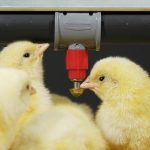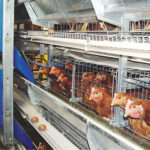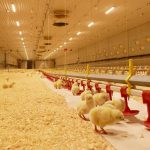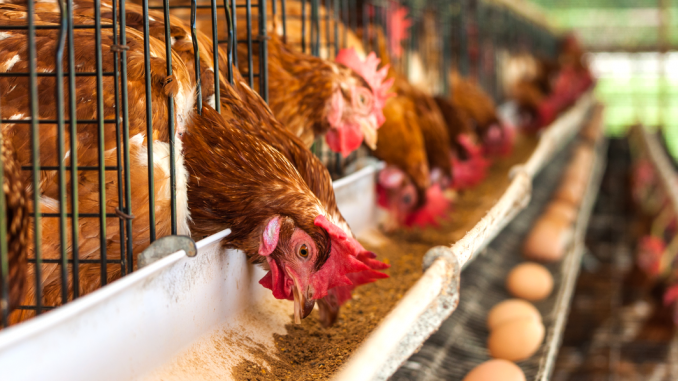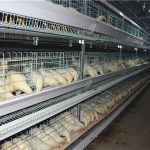The chicken has no sweat gland and has poor heat resistance. When the temperature exceeds 30 °C, the chicken’s own heat regulation ability decreases, and heat stress syndrome appears. When the temperature rises further, the chicken feed intake is significantly reduced inpoultry farming equipment, the egg production rate is decreased, and the mortality rate is increased. In order to reduce the adverse effects of heat stress on chickens, corresponding measures must be taken to make the management
conform to the summer characteristics.
Do a good job in heatstroke prevention and cooling
The chicken house is reasonably built. Do a good job in environmental greening. Trees should be planted around the chicken house. In the summer, the leaves can be shaded. The ground around the house should be planted with grass and flowers to eliminate the sun and adjust the local microclimate.
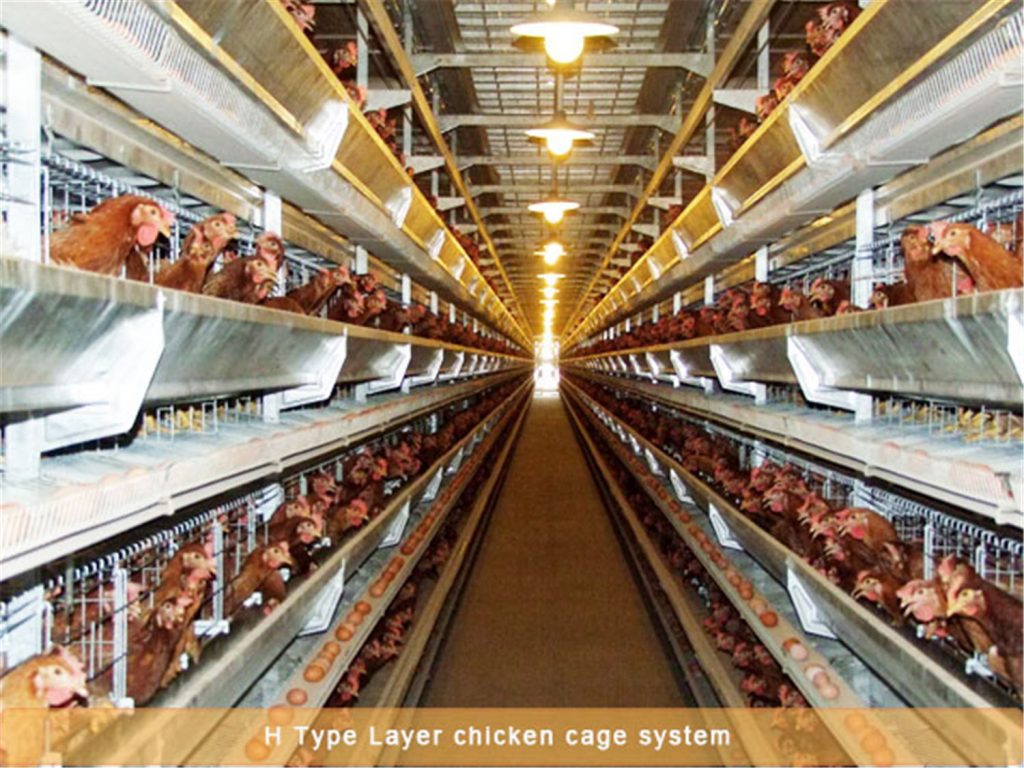
Enhanced ventilation
In summer, chickens drink more water, and the discharged manure is damp. In addition, the temperature in the rainy season is relatively high, and the moisture in the house is not easy to discharge. The incidence rate will increase greatly, and ventilation must be strengthened. Due to the high temperature, the feces quickly decompose to produce a large amount of ammonia and hydrogen sulfide gas, stimulate the chicken’s respiratory system, damage the respiratory epithelial cells, reduce the immunity of the chicken, and easily get infectious diseases. At this time, ventilation should also be strengthened. To reduce the concentration of harmful gases to a certain range, open the house when ventilation, open the doors, windows, and vents, or install ventilation devices such as ceiling fans and exhaust fans to increase the airflow speed and ventilation in the house.
Guaranteed drinking water
Ensuring adequate clean water can stimulate the feed intake of the chicken. Sinks or other drinking fountains should be cleaned and disinfected frequently to ensure the sanitary quality of the water.
Add appropriate additives
Anti-stress drugs can be used in the feed. Add 3 parts of vitamin C to the feed, drink 2% to 3% of glucose water for 2 days every 2 days, and do not feed the mildly inferior feed.


